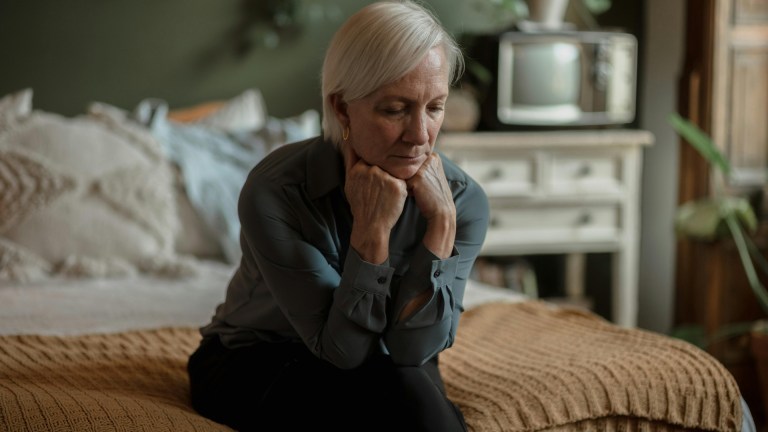While the declaration shows intent and a commitment to fix the housing crisis in Scotland, it is not backed up with any increased funding or policies to help people who are suffering.
Shelter Scotland, who issued an open letter to MSPs earlier in the week calling for them to declare the emergency, said the move is a first step that must be accompanied with a housing emergency action plan.
The charity said ministers must reverse the £200m cut to the affordable housing budget announced at the last financial statement.
The Shelter plan also called for ministers to buy and build at least 38,500 social homes during the current parliament to help families in temporary accommodation and fully funding local homelessness services.
The government should also target funding at local authorities on the basis of need rather than population to ensure the money reaches the areas that need it most.
Shelter Scotland director Alison Watson said: “I’m delighted to see that there is cross-party support for the deceleration of a housing emergency; this could be an important moment in the fight for housing justice in Scotland.
Advertising helps fund Big Issue’s mission to end poverty
“We recognise that there are a range of factors driving the housing emergency; more than a decade of austerity, a cost of living crisis, and cuts to the social housing budget in Scotland have all contributed.
“It’s vital that politicians back their words with actions; I call on all parties across Holyrood to work together to urgently deliver the social homes we so desperately need, to ensure that people can keep the homes they have, and to finally bring this devastating housing emergency to an end.”
Crisis also urged ministers to push ahead with plans including in the upcoming Housing Bill to strengthen the law to help people with unstable housing.
The charity said a new, radical, cross-government prevention agenda is also needed to prevent people from falling into homelessness in the first place.
Matt Downie, chief executive of Crisis, said: “By declaring a national housing emergency, the Scottish government can help bring about the cross-party support needed to make the homelessness prevention agenda in Scotland a reality.
“We need long-term political commitments to radically reform the housing and homeless system from being about managing a crisis, to a system that acts early to prevent homelessness from arising in the first place.
Advertising helps fund Big Issue’s mission to end poverty
“Housing has a critical role to play in this. We know what causes homelessness, and we know how to end it. Declaring a national housing emergency is an important moment in time, but it’s the actions that come from this that will matter the most. Investing in housing and reforming the homelessness system to better prevent homelessness should be top of the list. We can’t afford to wait.”
Housing policy has been a devolved matter in Scotland for 25 years, but the Scottish independence-seeking SNP said Westminster policies were partly to blame.
An amendment to the Labour motion from housing minister Paul McLennan said the current situation “is due to a combination of factors outside the Scottish government’s powers”.
McLennan cited UK government austerity policies, soaring inflation and the increased cost of living, labour shortages following Brexit and the freeze to local housing allowance rates among the factors.
He said the Scottish government will invest £600m in affordable housing and £90m in discretionary housing payments in 2024-25. McLennan added that the Housing Bill will introduce rent controls to tackle rising rent levels and the continued government focus will be on delivering 110,000 affordable homes.
Do you have a story to tell or opinions to share about this? We want to hear from you. Get in touch and tell us more.
Advertising helps fund Big Issue’s mission to end poverty










